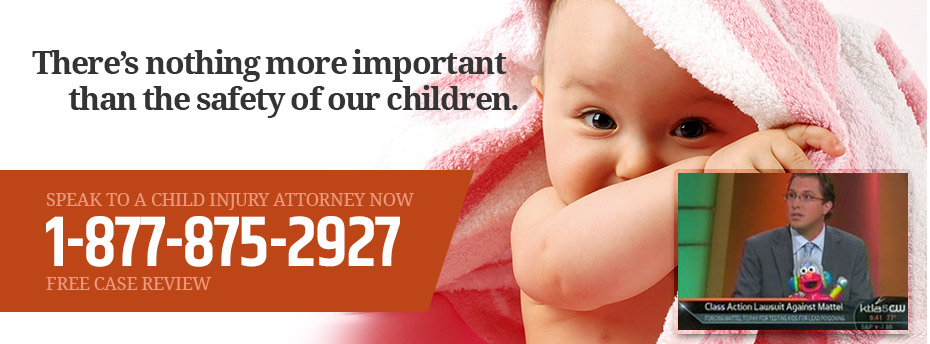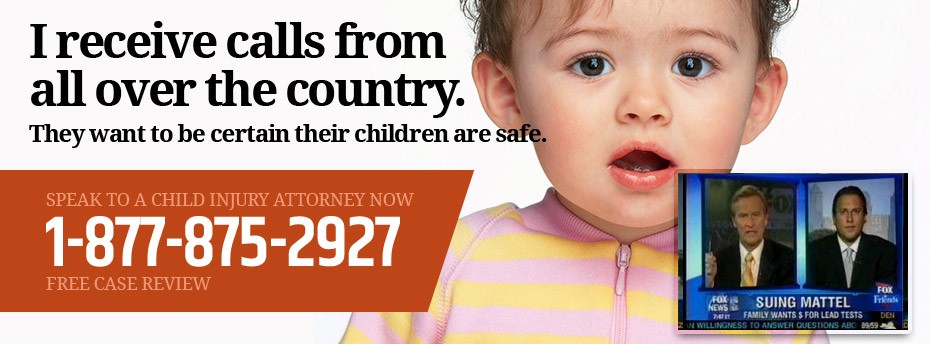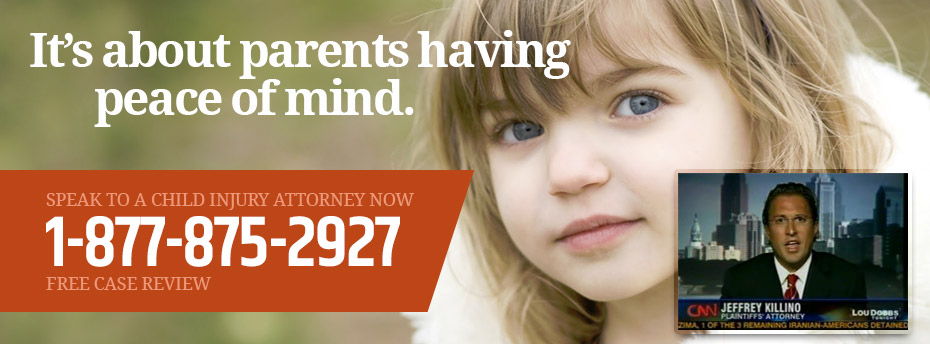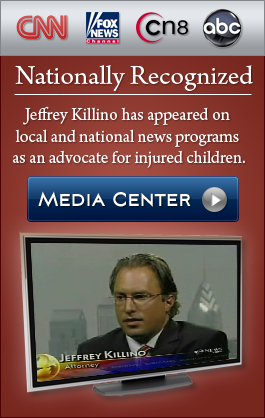Most adults, including the most vigilant parents, are unaware of the serious dangers of button and coin-sized batteries to small children. The risks of serious injury or death are so severe that the U.S. Consumer Product Safety Commission (CPSC) joined an international effort, in June 2014, to educate people about the hazards posed by these batteries and the safety measures that should be taken to prevent injury or death due to a child’s (or adult’s) swallowing of these items.

According to the CPSC and the Organization for Economic Cooperation and Development (OECD), thousands of injuries have resulted, worldwide, from both adults and children swallowing button and coin-sized batteries, which are used in numerous small electronics, including calculators, keyless entry devices, toys, hearing aids, and many other items that are commonly left within a child’s reach. The American Academy of Pediatrics (AAP) has reported that these batteries often become caught in children’s throats, ears, or noses and release electrical charges that may result in hearing loss or serious damage to nose or throat tissues. The CPSC has warned that fatal chemical burns may occur within minutes of getting one of these batteries lodged in the throat.
The CPSC, as well as the AAP, urges parents to take the following precautions to prevent injuries or deaths from button or coin-sized battery ingestion:
- Never allow a child to play with a button or coin-sized battery (or, indeed, a battery of any size)
- Keep all items containing such batteries out of the reach of children
- When battery compartments are not secured by screws, secure the compartments with tape
- If you even suspect that a child has ingested a battery, seek immediate medical assistance
Children often die or sustain serious injuries after choking on or ingesting button or coin-sized batteries as a result of the negligent supervision of people who have accepted the responsibility of caring for these children. Nationally-recognized child-injury attorney Jeffrey Killino has extensive experience with cases involving injuries or death to children caused by someone’s negligence, including those related to a child’s choking on or swallowing of a battery or other dangerous item while being improperly supervised. If your child has been injured or killed by the ingestion of a button or coin-sized battery as a result of the negligence of someone entrusted with your child’s care, attorney Killino and his team of child accident and toy injury lawyers will help you obtain the justice to which you and your child are entitled from those responsible for your child’s injury or death.
Legal Liability for Injuries or Deaths Caused by Battery Choking or Ingestion
Children too often die or sustain serious injuries as a result of a defective product or the negligence of someone entrusted with their care. The identity of those who may be found legally responsible for such injuries or deaths will depend upon the circumstances of the particular case.
Liability Due to Negligent Supervision
Under the civil negligence laws of most states, when a babysitter, nanny, daycare center or daycare-center employee—or even a relative, friend, or neighbor—accepts the responsibility of caring for a child, that person or entity has a duty to exercise reasonable care for the safety of that child while the child is under the care of that person or entity. This duty of reasonable care includes the duty to adequately supervise, or keep a careful watch on, a child and to take precautions against injury by keeping the child away from dangerous objects or conditions.
If, for example, a babysitter or daycare employee allows a child to play with or gain access to a button or coin-sized battery while the child is under that person’s care, the caregiver may be found liable for the injury or death of the child that occurs as a result of the child’s choking on or ingesting of the battery if the caregiver’s negligent supervision or negligence in allowing the child access to the battery is found to have been a cause of the choking or swallowing incident that led to the child’s injury or death.
If the person whose negligence is responsible for such injury or death is employed by a daycare center or babysitting or nanny service or agency, the employer may be found vicariously, or indirectly, liable under most states’ laws for the injuries or deaths caused by the negligence of its employee. If the daycare center, service, or agency is found to have been negligent in the screening, hiring, training, monitoring, and/or retaining of such an individual, the employer may be found directly liable for injuries or deaths caused by the negligence of its employee.
Liability Due to Failure to Warn
Under most states’ product-liability laws, the manufacturers and others in the chain of a product’s distribution, such as designers, assemblers, suppliers, and retailers, may be found strictly liable for injuries or deaths caused by a defect in a product. Though defects are often caused at the design or manufacturing stage, product-liability law also provides for recovery of damages due to injuries or deaths caused by the failure to warn of a product’s dangers. In those cases, the failure to warn of dangers is considered to make the product defective. If, for example, the manufacturer of a button or coin-sized battery failed to include warnings of the dangers of choking or ingestion posed by these batteries, the manufacturer and others in the chain of a battery’s distribution may be found liable for the injury or death of a child who chokes on or swallows the battery through the institution of a product liability suit brought by a defective toy lawyer.
Obtain Expert Assistance from Child-injury Attorney Jeffrey Killino
If your child has been injured or killed after choking on or swallowing a button or coin-sized battery due to the negligence of a person or entity entrusted with your child’s care or the failure of the manufacturer to warn of the battery’s dangers, nationally-recognized child-injury attorney Jeffrey Killino and his team of child injury and wrongful death attorneys will fight for your rights and the compensation you and your child deserve.





